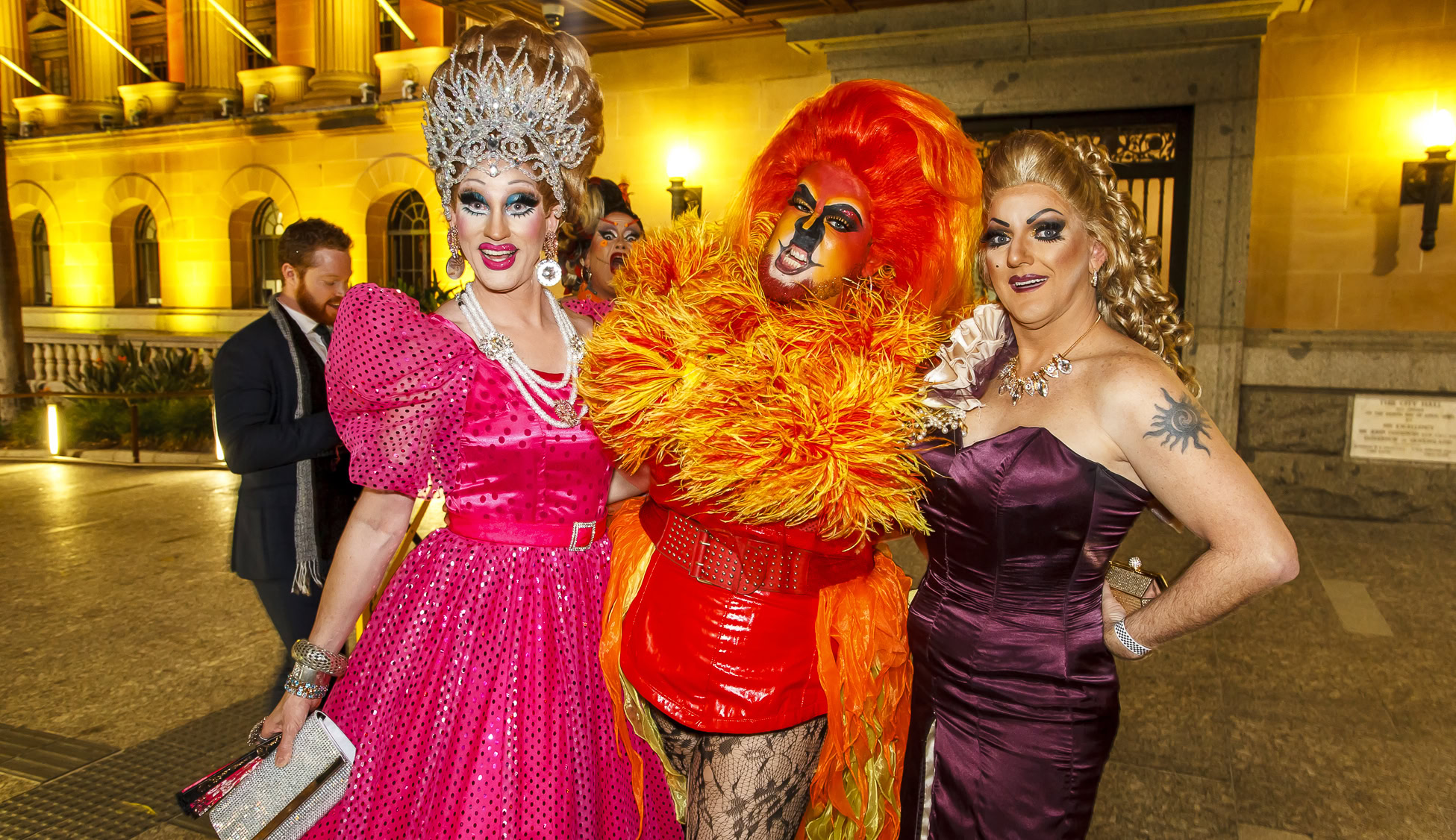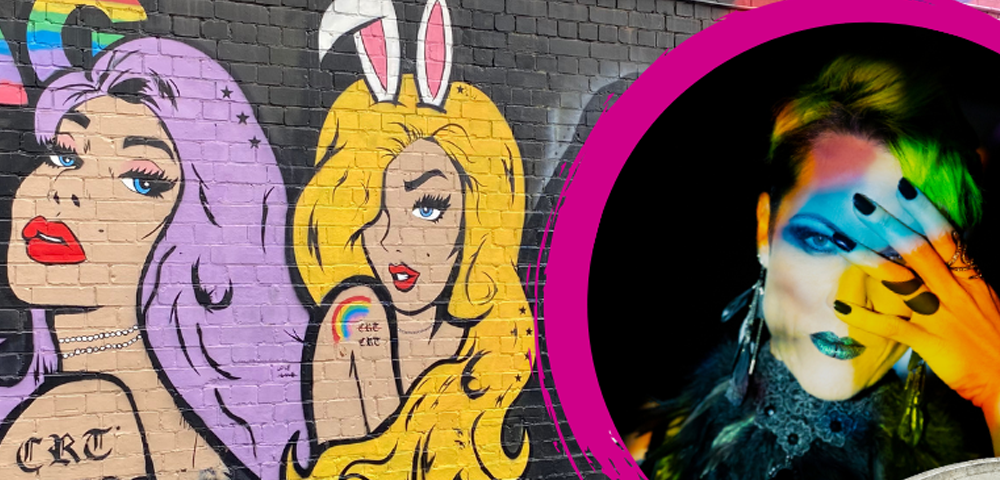
The importance of World AIDS Day
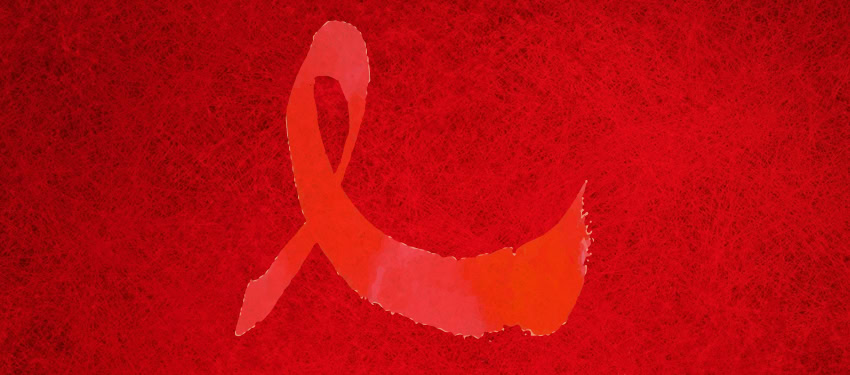
FOR many, World AIDS Day each year on December 1 gives the gay community — and other at-risk communities — a chance to reflect on treatment updates and where society currently stands on HIV and AIDS.
It also provides a time to pay respect to those the community has lost, shed light on the human stories behind those living with HIV and AIDS, and discuss the ongoing response to it.
However, this year’s World AIDS Day (WAD) will have special significance, as it comes in a year with several landmark moments in the HIV sector , and five months after Melbourne hosted the International AIDS Conference (AIDS 2014).
Paul Kidd from the HIV Legal Working Group in Victoria said working in legal activism has given him insight to how the law can impact on those living with HIV.
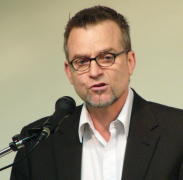
“For those of us working in legal activism, 2014 has been a landmark year, with significant promises from both sides of politics in Victoria to reform criminal laws that impact on people with HIV,” he said.
On what WAD means to him, Kidd said it provided the opportunity to take stock on what still needed to be done.
“For the HIV Legal Working Group, we will be focused in the coming year on ensuring the new Victorian government delivers on its promises to reform section 19A, and that that reform is done right,” he said.
“We’ll also be continuing to advocate for prosecutorial guidelines which would ensure HIV gets treated as a health issue, not a criminal law issue.”
As a self-described “newbie” member of the “third wave” of HIV-positive people, The Institute of Many [TIM] founder Nic Holas said that one of the group’s goals was to socially connect people living with HIV.
“TIM’s anniversary coincidentally falls on the same weekend as WAD, and I feel some of our most important work has been in bridging the gap between HIV-positive people who don’t feel connected to community, or history,” Holas said.

“It’s a challenge, to know your place in the memorial element when your personal loss as a younger community member cannot compare to those who survived the epidemic. That apprehension though was more in my mind — no-one ‘owns’ AIDS grief, and I doubt anyone wants to own it.”
AIDS 2014 was the largest conference of its kind to have ever graced Australian soil. It gave the nation an unprecedented opportunity to raise awareness on HIV and AIDS as well as highlight its highly-regarded response to it in 1980s.
The executive director of Pacific Friends of the Global Fund to Fight AIDS still remembers the “terrible” early days of the disease.
“The rising concern and unreasonable panic about Ebola reminds me of what happened 30 years ago when we faced a similar challenge from a hitherto unknown viral menace,” William Bowtell said.
“Then, as now, it was a matter of trying to separate out the scientific facts from fiction. We had to determine what might be done to treat those who were ill and prevent the infection from spreading to the worried well.
“In Australia we adopted radical policies — needle and syringe exchanges, access to condoms and saturation information coverage — that turned out to be the right ones to reduce new HIV infection rates.”
Bowtell is also the executive producer of Transmission, The journey from AIDS to HIV, a documentary that he hopes could bridge the gap between younger generations of the LGBTI community and the history of HIV and AIDS in Australia.
“Transmission is a film that gives voice to this new generation, and contrasts how things were with how they have evolved to 2014,” he said.
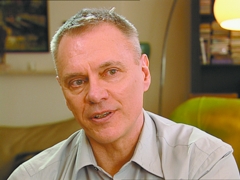
“The recent rise in new HIV infection rates, especially but not only among young gay men, means that new thinking and updated policies are required.”
According to Kidd, continuing to mark WAD was also essential to remember those lost and relfect on how far we’ve come.
“We really do have the possibility of ending the HIV epidemic in sight and every member of the community should commit themselves to doing their part by ending stigma, building awareness and protecting themselves and their partners,” he said.
Holas echoed Kidd’s sentiments.
“While we mourn the significant loss of 36 million people, it’s also about celebrating the resilience of a community,” he said.
“Also, our responsibility to never take our eyes off the path ahead: towards the end of HIV stigma, criminalisation, and most importantly, the millions of unnecessary AIDS-related deaths that still occur around the world.”
**This article was first published in the December edition of the Star Observer, which is available to read in digital flip-book format. To obtain a hard copy, click here to find out where you can grab one in Melbourne, Sydney, Brisbane, Adelaide, Canberra and select regional areas.







